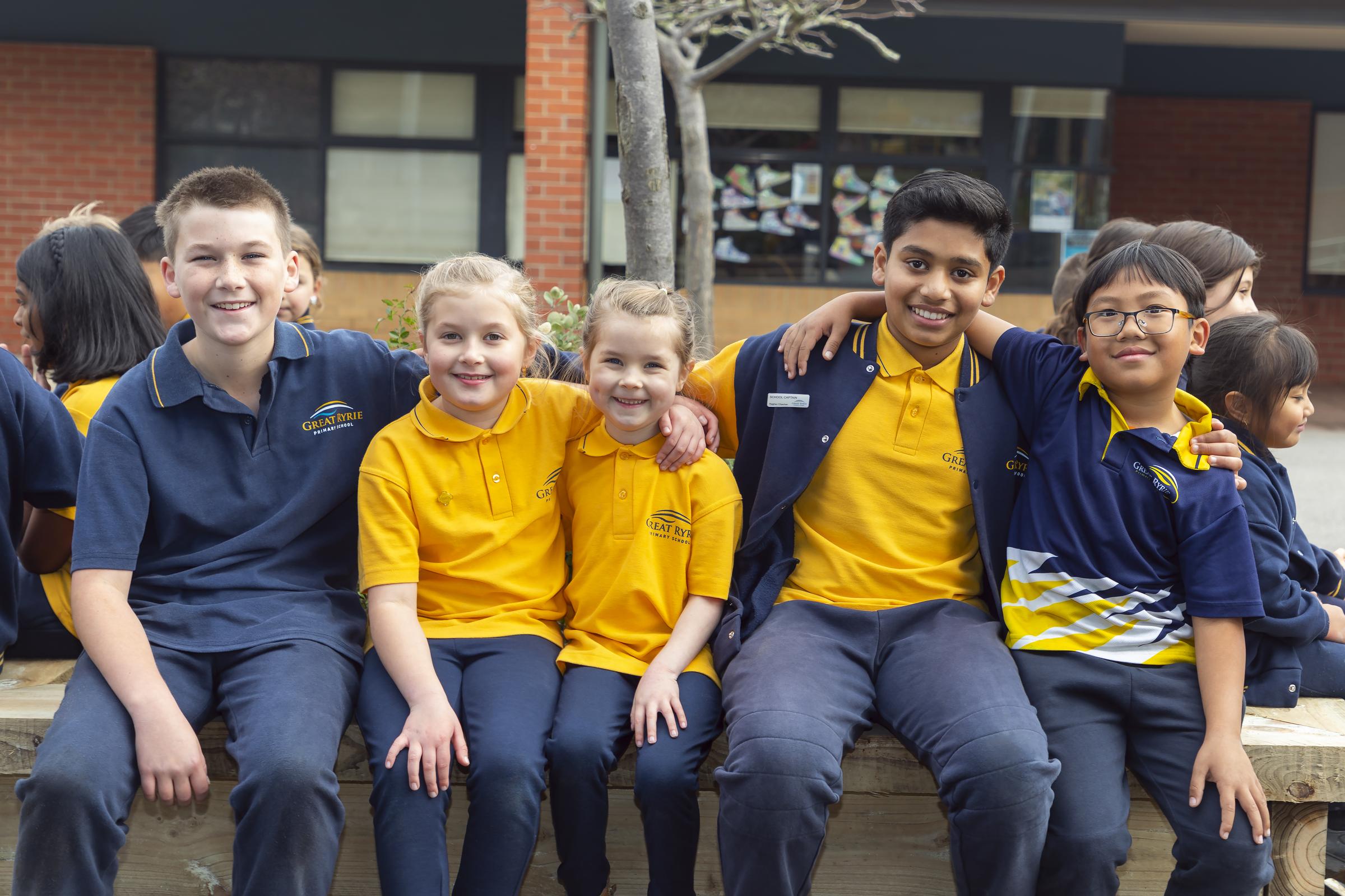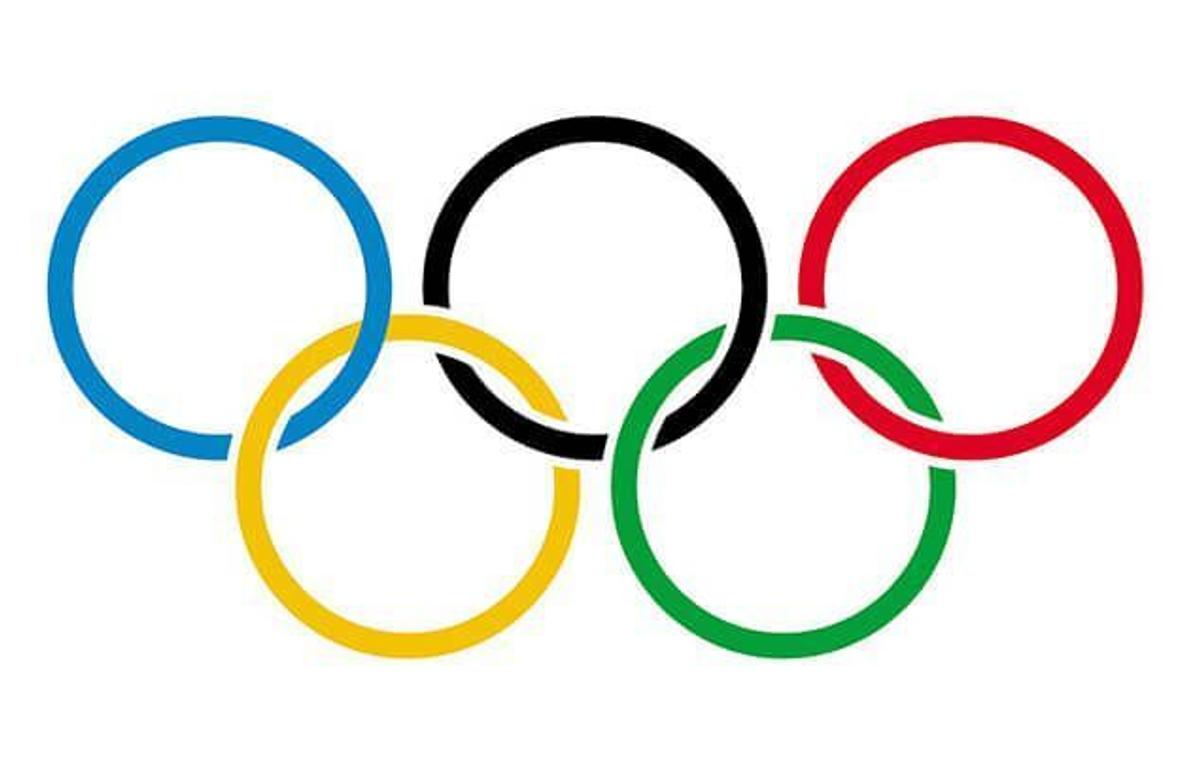Chaplains Spot

Facts about the Olympics
I shared some of these at the assembly last Friday, but I thought I would also share the bigger list with everyone.
1. The first Olympic Games took place in 776BC: The original Olympics began as part of an Ancient Greek festival. The whole competition lasted for up to six months, and included games like wrestling, boxing, long jump, javelin, discus and chariot racing.
2. In 393 AD, the Olympic Games were cancelled and didn’t start up again for over 1,500 years! Emperor Theodosius I, a Roman ruler, banned the Greek Olympics. So, that was the end of the Olympics until 1896, when a man named Baron Pierre de Coubertin started a revival of the Games. He called this new event the ‘modern Olympics’ – and it’s still going today!
3. The Olympic torch is a reminder of the Games’ Greek origins: In ancient times, a flame burned throughout the Games as a tribute to the goddess, Hestia. Since 1928, this tradition has continued, and the flame burns in a special torch. The torch flame is always lit by the sun in Olympia, Greece, where the first Games was held. Then, it’s passed from torch to torch in a massive international relay that ends in the host city! New torches are designed for each Olympics, and several thousand copies are made. It’s a great honour to become a torchbearer, and lots of inspiring people get a turn each time. Lit Olympic torches have flown on planes, stayed alight underwater, and scaled Everest! Some unlit torches have even gone into space, too. Amazing!
4. The first Summer Olympic Games had just 14 participating countries: Teams from 11 European countries originally joined those of Australia, Chile, and USA at the first host city, Athens. Now, more than 200 countries compete each year!
5. The Olympic symbol was designed to include everyone: The Olympic rings were first produced in 1913, from a design created by the Games’ modern founder! Their five colours (with the white backdrop) reflect colours found on the flags of all participating nations, so everyone is represented. The overlaps also represent international cooperation, and the coming together of athletes from all over the world!
6. Motor boat sailing, hot air ballooning, and tug of war all used to be Olympic sports! Over time, different sports and events are voted into (or out of) the Olympic Games. Some disappear, then return (like golf, or rugby), while others (like running deer shooting, or duelling pistols) go out of fashion forever. Olympic Games organisers can choose to include additional sports! Look out for skateboarding, surfing, sport climbing, and breaking at Paris 2024.
7. The first Winter Olympic Games were held in 1924, in a different city to the Summer Olympics.
8. From 1921-1948, artists participated in the Olympics too: In these games, painters, sculptors, architects, writers, and musicians all took part! They competed for medals by creating works of art, that often celebrated the sporting successes going on at the same time. While artists stopped officially competing in 1948, many still design posters and other merchandise for the Games today!
9. Until 1912, first-place Olympic medals were made of solid gold! This is no longer the case. Recent Games have given out around 5,000 bronze, silver, and gold medals in total! Instead of being created from solid gold, the heavy first-place medals are now covered in 6 grams of it. At the Paris 2024 Olympics, medals will contain a piece of original iron from the Eiffel Tower – one of Paris’ most famous landmarks.
10. The modern Olympic Games aren’t just about sporting glory – they’re about making friends, too! While competitive spirit is important, the Games are also about international cooperation. They’re a great chance for people from countries around the world to meet up and get to know each other! For the 16 days of competition, athletes from all sports, religions, nationalities and cultures live and work together – and they often leave as good friends.
If only that attitude of cooperation was to filter throughout the whole world, instead of the destructive power that pervades the attitudes of some international leaders – what a difference this would make!
Most of us cannot do much to affect the whole world, but we can make a difference to those around us, our community, our families, our growing children.
=============================================
Toast Tuesday: Our free Toast Tuesday program runs from 8.30 until start of school.
Our second-hand uniform stock is also available for gold coin donations.
Contact: Feel free to email me, phone me or see me at school on my days listed below.
Alan Silverwood: Chaplain - Pastoral care for our community. [Tuesday, Friday]
[alan.silverwood@education.vic.gov.au] Supporting the School community in emotional, social, spiritual and practical wellbeing.
Our Chaplaincy program is funded by the Federal Government’s ‘National Student Wellbeing Program’, the GRPS School Council and donations.

